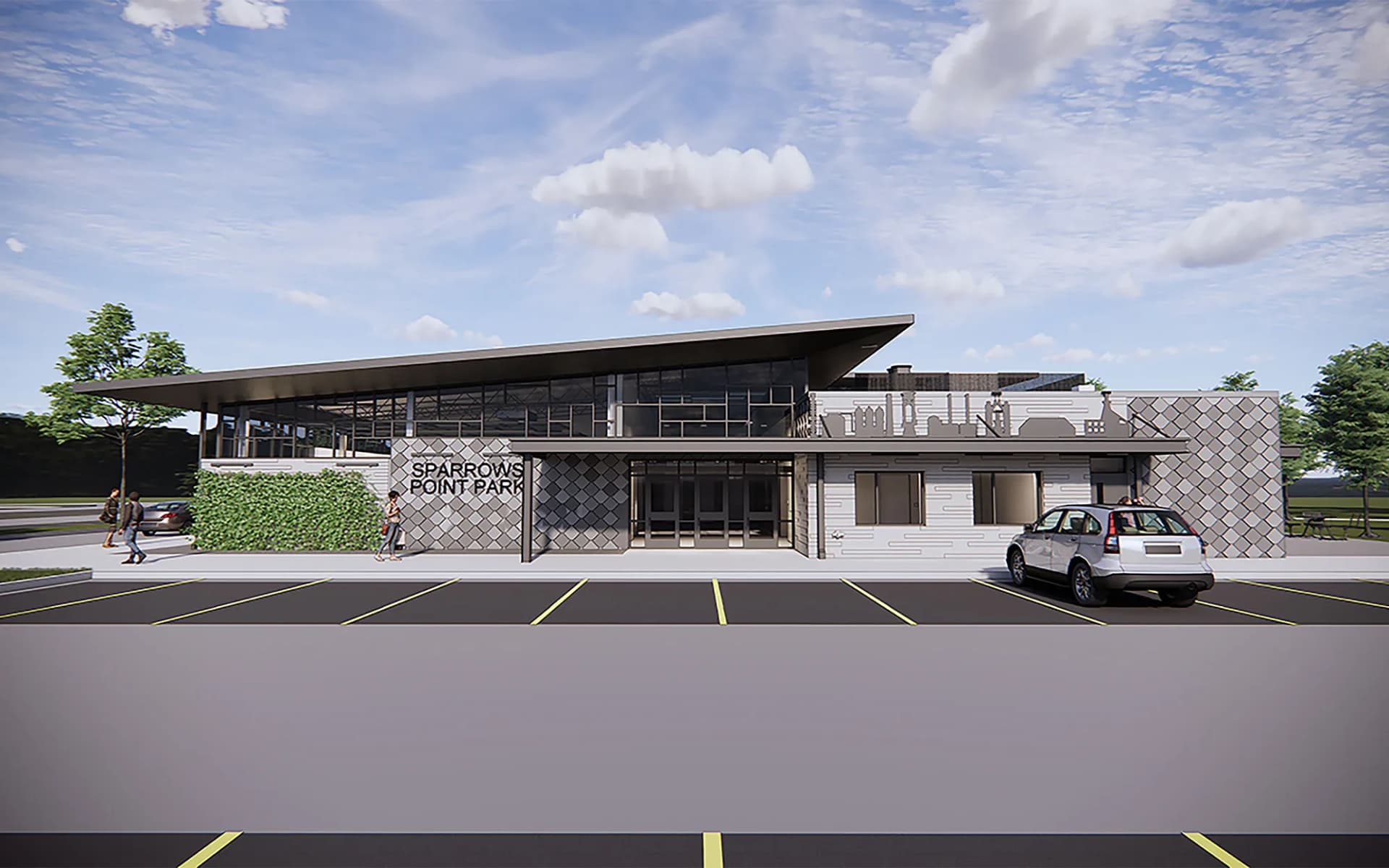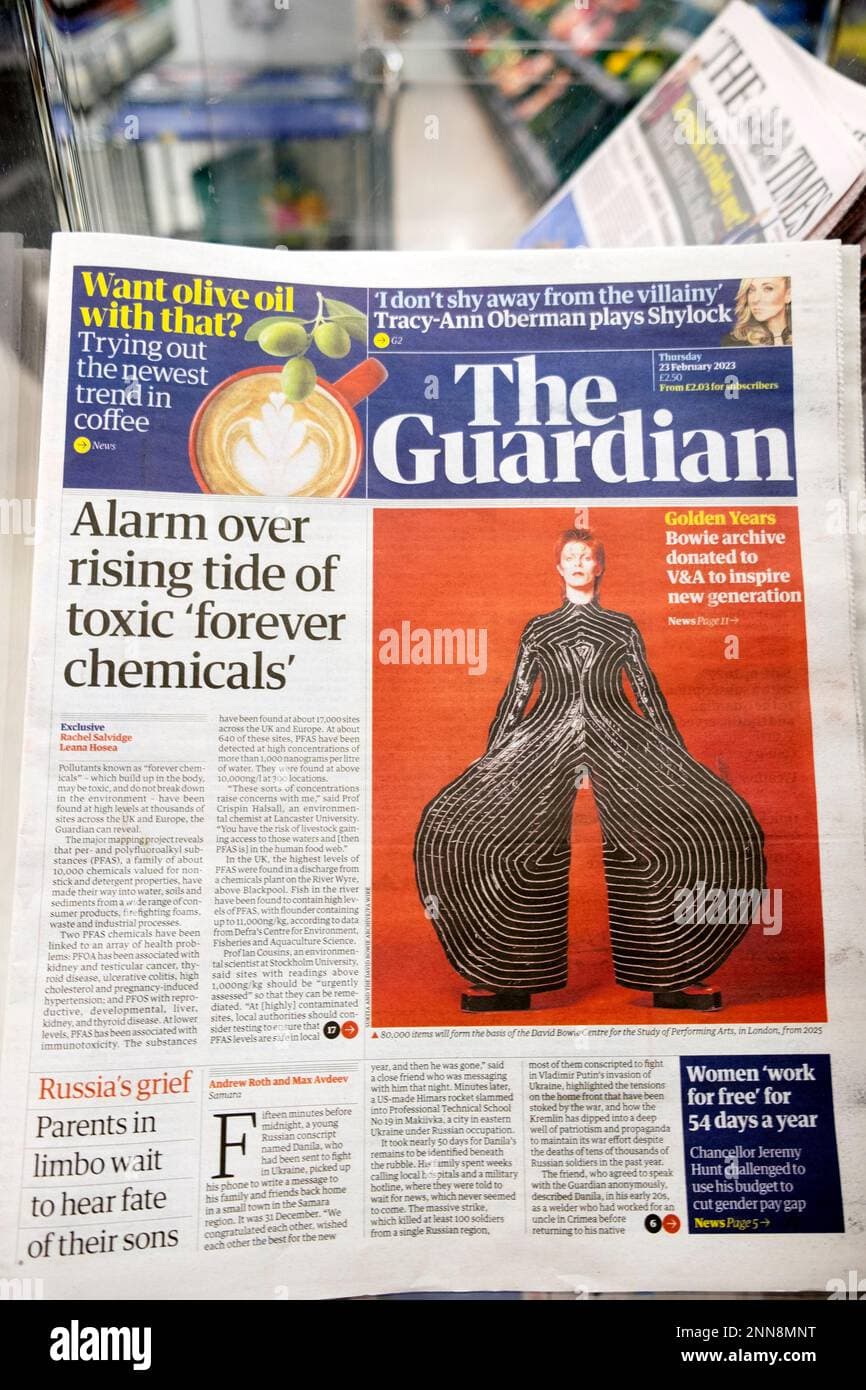Point Park Announces Redevelopment of Former YWCA Building Downtown
Point Park University unveiled plans to redevelop a former YWCA building in downtown on November 19, 2025, a move that could reshape the neighborhood and expand the university footprint. The proposal speaks to a larger trend of urban colleges repurposing older properties to meet campus needs and boost local economic activity.

Point Park University announced plans today to redevelop a former YWCA building located in the heart of downtown, according to a story posted by CBS News. The initiative marks the latest effort by a higher education institution to reuse an existing urban structure as a way to expand campus capacity while supporting downtown revitalization.
The university described the project as part of a broader strategy to increase its presence in the central business district, though specific details on the program mix were not included in the initial report. Observers say such projects commonly convert older institutional buildings into classroom space, student housing, administrative offices, or mixed use facilities that combine residential, academic, and retail functions. Those configurations tend to raise foot traffic and consumer spending on nearby streets, supporting restaurants, shops, and service providers.
Economic effects from adaptive reuse projects are typically felt in two phases. During renovation and construction, projects generate short term employment for contractors, tradespeople, and suppliers. Once completed, a repurposed building anchored by a university can strengthen the revenue base of downtown through increased occupancy, consumption by residents and students, and expanded property tax contributions if the property is taxable. For cities with sizable college populations, universities can act as economic anchors that stabilize demand even when the broader office market is soft.
The timing of Point Park's announcement aligns with a wider pattern in American cities. Since the pandemic, many downtown office vacancy rates have risen, prompting owners and local governments to look for conversion opportunities. Universities and cultural institutions have been among the most active buyers and lessees of such space, citing proximity to transportation, amenities, and talent pools. For institutions, reusing existing buildings can be faster and, in some cases, less costly than new construction, while also qualifying for incentives tied to historic preservation or brownfield redevelopment, where applicable.
Financing and approvals will determine the speed and scale of the project. Typical funding approaches for similar university projects include capital campaigns, debt issuance, private partnerships, and leveraging state or federal tax credit programs when a building has historical significance. The redevelopment will also need municipal approvals for zoning, building permits, and any tax relief or incentive agreements, which open the plan to public scrutiny and community input.
City planners and local business leaders will watch for details on the project's timeline, estimated investment, and programmatic mix, all of which will shape its economic footprint. In the near term, the announcement alone signals institutional confidence in downtown as a location for growth. Over the longer term, the success of the project will hinge on how well the university integrates the site into neighborhood life and aligns its campus needs with the city economic development goals.

